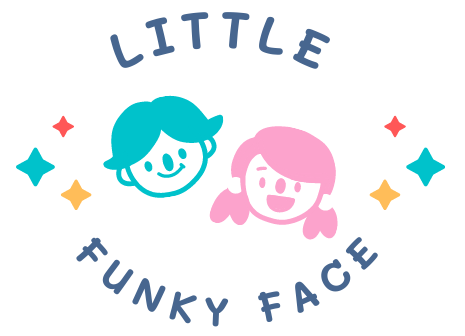Privacy is often described as the foundation of freedom. It’s the ability to control what personal information you share and with nudify—a principle so fundamental that it is recognized as a human right in international law, such as Article 12 of the Universal Declaration of Human Rights.
But in a world increasingly dominated by digital interactions, privacy is under threat like never before. Data breaches, government surveillance, and the widespread misuse of personal information have become common issues, raising the urgent need for broader awareness and action. Why does this matter? Because protecting your privacy isn’t just a luxury—it’s a necessity for upholding human dignity, freedom, and autonomy.
The Benefits of Treating Privacy as a Human Right
1. Empowering Individual Autonomy
Privacy protects our ability to make personal choices without undue interference. Whether you’re deciding what to search online, whom to associate with, or what to share on social media, respecting privacy ensures you have control over your decisions.
For instance, studies show that people who feel their privacy is secure are more likely to engage in open communication and exploration. Without this, self-expression can feel stifled, leaving individuals hesitant to exercise their rights fully.
2. Encouraging Free Speech and Thought
When people believe they’re being watched, their behavior tends to change—a phenomenon known as the “chilling effect.” This undermines free speech and inhibits honest discussion. Privacy safeguards an environment where individuals can share thoughts and ideas without fear of judgment, fostering creativity, innovation, and open dialogue.
According to a 2020 survey, 42% of people globally fear that surveillance affects their ability to speak freely online. By recognizing privacy as fundamental, societies safeguard open communication and trust.
3. Protecting Vulnerable Populations
Certain groups—such as activists, journalists, and minorities—are at a disproportionate risk when privacy is compromised. Surveillance tools can be weaponized to track their movements, suppress dissent, and limit civil freedoms.
By enshrining privacy as a universal right, these populations gain protection against unprecedented threats. This strengthens global human rights efforts and aligns with core democratic values.
4. Preventing Identity Theft and Fraud
With online activity soaring, the rise in identity theft has been staggering. Data breaches exposed over 22 billion records in 2023 alone, leaving countless people financially and emotionally devastated.
Committing to privacy empowers individuals with secure systems and laws that protect data from exploitation. This is critical for reducing financial fraud and building trust in digital platforms.
5. Promoting Mental Wellbeing
Constant surveillance creates stress, distrust, and paranoia. Imagine living in a world where every move is scrutinized—it’s bound to take a toll on mental health. Privacy enables us to unwind, take personal time, and feel safe in our private lives.
A survey indicated that 80% of individuals feel mental health improves when they have spaces of true privacy. Protecting privacy is, therefore, not just about security—it’s also about psychological wellbeing.
The Path Forward
To protect privacy effectively, governments, corporations, and individuals must play their roles. This means advocating for robust data laws, using encryption technology, and raising awareness of the value of privacy as a human right. But the most crucial step? Recognizing that privacy is not an optional privilege—it’s essential for maintaining our most intimate selves.
